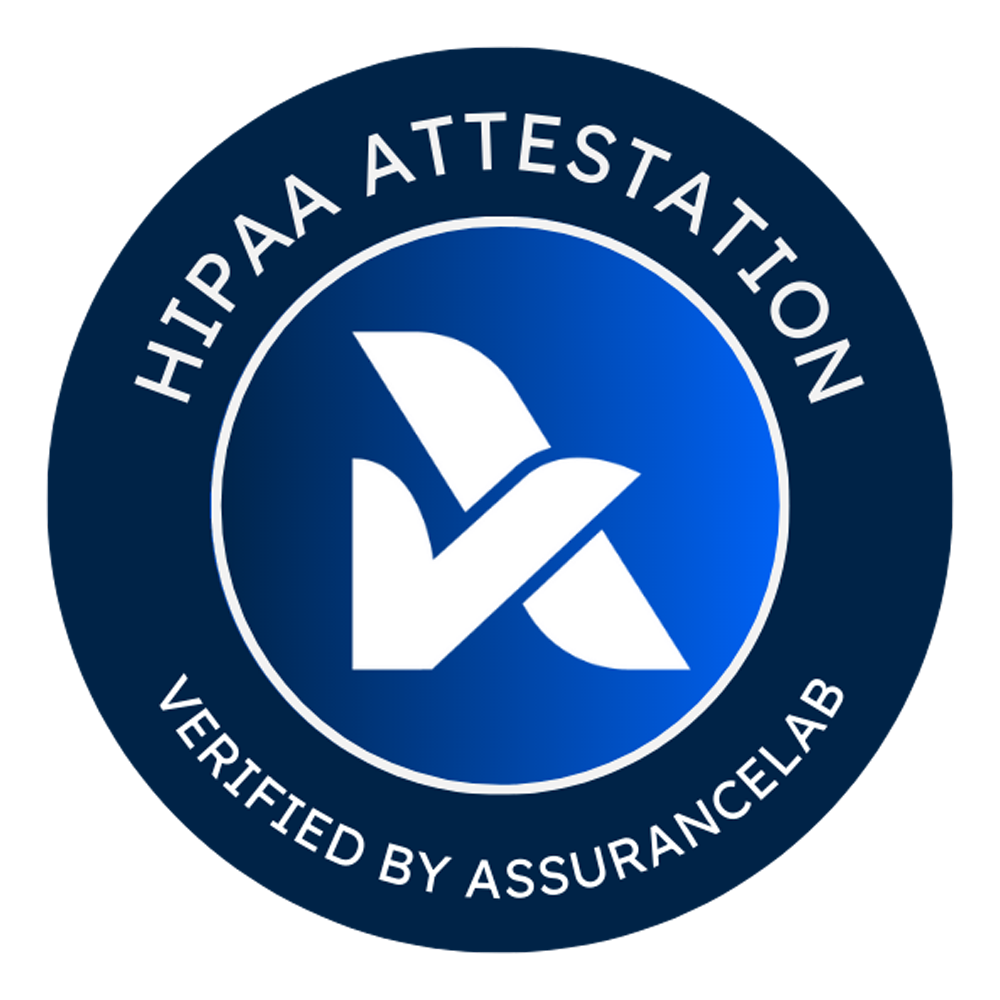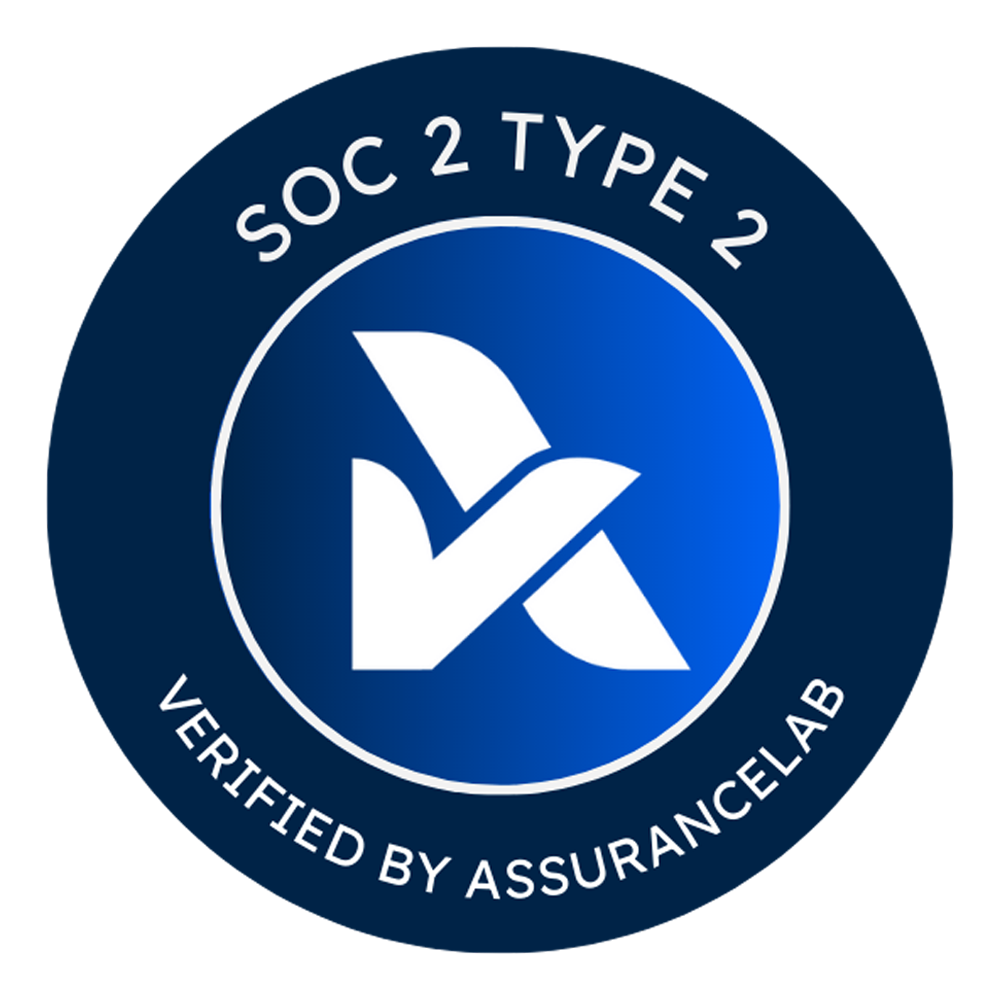Executive Summary:
When Hills & Dales, a long-standing provider for individuals with intellectual and developmental disabilities (IDD), found itself buried under fragmented systems, manual processes, and disconnected workflows, leadership knew change was necessary. Their journey with iCM wasn’t just a technology upgrade; it was a transformation in how service, compliance, and communication happened across the organization.
By consolidating multiple vendors, replacing manual documentation with streamlined digital processes, and unlocking actionable data insights, iCM became a true partner in Hills & Dales’ growth. This case study explores how Chief Executive Officer Jack Mescher and his team leveraged iCM’s all-in-one platform to improve compliance, eliminate inefficiencies, and adopt a forward-looking approach to data-driven service.
About Hills & Dales:
Hills & Dales is a cornerstone of the IDD community in Eastern Iowa. With 450 employees serving 218 clients, the organization provides a continuum of services including:
- 24/7 residential programs
- Home and community-based supports
- Outpatient services
Their mission is deeply personal: supporting meaningful lives for people with disabilities.
Chief Executive Officer Jack Mescher brings more than a decade of experience in the IDD sector. His journey began as a Direct Support Professional (DSP) while in college - a role he fell into by chance but soon discovered as his calling. Over 12 years, he grew into leadership roles spanning government relations, board membership, and finally executive leadership in 2021, taking the helm during the height of the COVID-19 pandemic.
Jack’s leadership is rooted in first-hand experience at every level of service delivery, giving him a unique perspective on the operational challenges staff face and the importance of innovation in sustaining high-quality service.
The Challenge: Fragmented Systems, Manual Processes, & Limited Visibility
Like many providers, Hills & Dales faced growing operational complexity but was constrained by outdated, siloed systems. Key challenges included:
1. Multiple Vendors, No Integration:
The organization relied on several EHR and workflow vendors, none of which communicated with each other. This patchwork of tools left staff duplicating work, introduced errors, and created confusion during audits and billing reviews.
“We had a number of different vendors… and they were all divorced, they didn’t speak to each other. It was kind of a cluster.”
– Jack Mescher
2. Communication Divide Between Teams:
The health team and program staff, both essential to quality service, worked in silos. Information didn’t flow seamlessly, creating delays in updates and inconsistencies in service delivery.
3. Manual Documentation Bottlenecks:
Before iCM, staff wrote lengthy narrative notes for every client interaction. Reviewing them required a full-time note reader, whose sole job was to check accuracy and completeness. This slowed down workflows and often delayed corrective actions.
4. Reliance On Spreadsheets for Key Operations:
From billing status to medication errors and incident reports, Hills & Dales tracked critical data in 600+ Excel spreadsheets. This created version control issues, wasted staff time, and left leadership without a global view of organizational health.
5. Compliance & Training Risks:
Under Medicaid regulations, staff must maintain active certifications. Tracking this manually across hundreds of employees created gaps, exposing the organization to potential compliance risks. In short, Hills & Dales had dedicated staff and strong leadership, but technology was holding them back.
The Solution: An All-In-One Platform
After meeting iCM at a conference, Hills & Dales saw an opportunity to unify their systems and modernize operations. iCM delivered an all-in-one solution that addressed their diverse needs.
1. Vendor Consolidation & Cost Efficiency:
By implementing iCM, Hills & Dales eliminated four to five separate vendors and hundreds of spreadsheets. All essential functions, such as documentation, billing, training, and compliance were centralized into one modern platform.
“We were able to sunset four or five vendors, plus probably 600 Excel spreadsheets, by switching to iCM.”
2. Seamless Communication Between Teams:
ICM bridged the communication gap between the health and program staff. Updates and records are now accessible in real-time, ensuring every team member works from the same source of truth.
3. Streamlined Documentation Processes:
Narrative notes were replaced with push-button documentation in iCM’s CareTracker. This standardized process reduced human errors, cut staff workload, and eliminated the need for a dedicated note reader, freeing that resource for higher-value tasks like monitoring data trends.
4. Integrated Training Management:
ICM’s built-in Learning Management System (LMS) tied compliance directly to service delivery. Staff who fall out of compliance (e.g., expired CPR certifications) are automatically restricted from documenting. This proactive safeguard ensures that only properly trained staff provide and record services.
“We shouldn’t ever have non-trained people documenting. With iCM, that’s now enforced.”
5. Actionable Data Insights:
Perhaps the most transformative feature for Hills & Dales has been iCM’s ability to capture tens of thousands of data points and turn them into actionable dashboards. Leadership can now:
- Identify which locations provide more or fewer community outings
- Pinpoint staff or sites with higher incident rates
- Track referral sources and service utilization trends
- Monitor billing and medication errors in real-time
This shift from reactive oversight to proactive management has been game-changing for Hills & Dales.
“Instead of blanket training for everyone, we can now target specific staff or locations because the data supports it.”
Key Outcomes & Impact:
1. Reduced Complexity & Vendor Consolidation:Hills & Dales transitioned from a tangled web of systems to a single integrated platform with iCM. By retiring four to five legacy vendors and hundreds of spreadsheets, they cut costs, reduced errors, and simplified staff workflows. What once required juggling multiple logins and disconnected processes is now centralized and accessible.
“Having everything under one roof has been a game changer. Instead of jumping between vendors and spreadsheets, our teams finally work from one place.”
2. Greater Accuracy & Streamlined Documentation:
The shift from narrative documentation to iCM’s CareTracker meant staff could focus on delivering services rather than writing lengthy notes. Automated parameters reduced human error, while directors gained more reliable data. Staff members appreciate the ease, and leadership values the consistency it brings across programs.
“Our documentation is no longer about chasing words - it’s about capturing the right data in the right way, every time.”
3. Stronger Compliance Through Integrated Training:
With iCM, training compliance is no longer an afterthought but a built-in safeguard. Staff cannot document services if their certifications are expired; ensuring compliance before an issue arises. This has not only improved audit readiness but also reassured leadership that client safety is never compromised by oversight.
“It gives me peace of mind knowing compliance isn’t just tracked - it’s enforced in real time.”
4. Resource Optimization & Workforce Efficiency:
Previously, valuable staff time was consumed by manual note checking and spreadsheet management. With iCM, those same resources are now focused on analyzing insights and improving quality outcomes. By eliminating redundant tasks, Hills & Dales has created space for staff to contribute in more meaningful ways.
“We’ve shifted people from low-value work into roles that actually move the organization forward. That’s not just efficiency - it’s empowerment.”
5. Leadership Visibility & Data-Driven Insights:
The availability of real-time dashboards has allowed Hills & Dales to move from reactive problem-solving to proactive strategy. Leadership can now identify trends, like community outing participation or spikes in incidents, and address them with targeted actions instead of broad, one-size-fits-all interventions.
“I don’t have to guess anymore. The data tells me where to focus, which makes our decisions sharper and our outcomes stronger.”
6. Improved Audit Readiness & Billing Confidence:
By embedding billing and compliance into one system, iCM eliminated the constant worry of missed documentation or overlooked errors. Audits that once felt stressful are now far more straightforward, and billing processes are more transparent and defensible.
“When an auditor asks a question, we don’t scramble anymore - the information is already there, accurate and complete.”
Future-Ready: Embracing AI
Jack is enthusiastic about iCM’s commitment to innovation, especially in AI. He sees opportunities for AI to generate dashboards, flag anomalies, and optimize documentation for compliance and billing.
“AI that curates our data, builds dashboards, and flags issues before we see them - that’s the future. And we want to be part of it.”
Areas for Enhancement:
While highly satisfied, Jack identified some legacy features that felt clunky compared to newer ones. He also pointed out that enhancements to ICF/ID billing are a priority area. These requests are already on iCM’s roadmap as part of its continuous improvement ethos.
Conclusion: A Champion for Smarter Service
With iCM, Hills & Dales transitioned from fragmented, manual processes to an integrated, insight-driven system that empowers staff, strengthens compliance, and improves client service. Under Jack Mescher’s leadership, the organization exemplifies what it means to be an iCM Champion: combining compassion, innovation, and strategy to elevate service delivery in the IDD space.
“The cost-value proposition is clear. ICM is compatible with state regulations, saves money, and gives insights every provider should want. I don’t give recommendations lightly, but I recommend iCM with pride.








